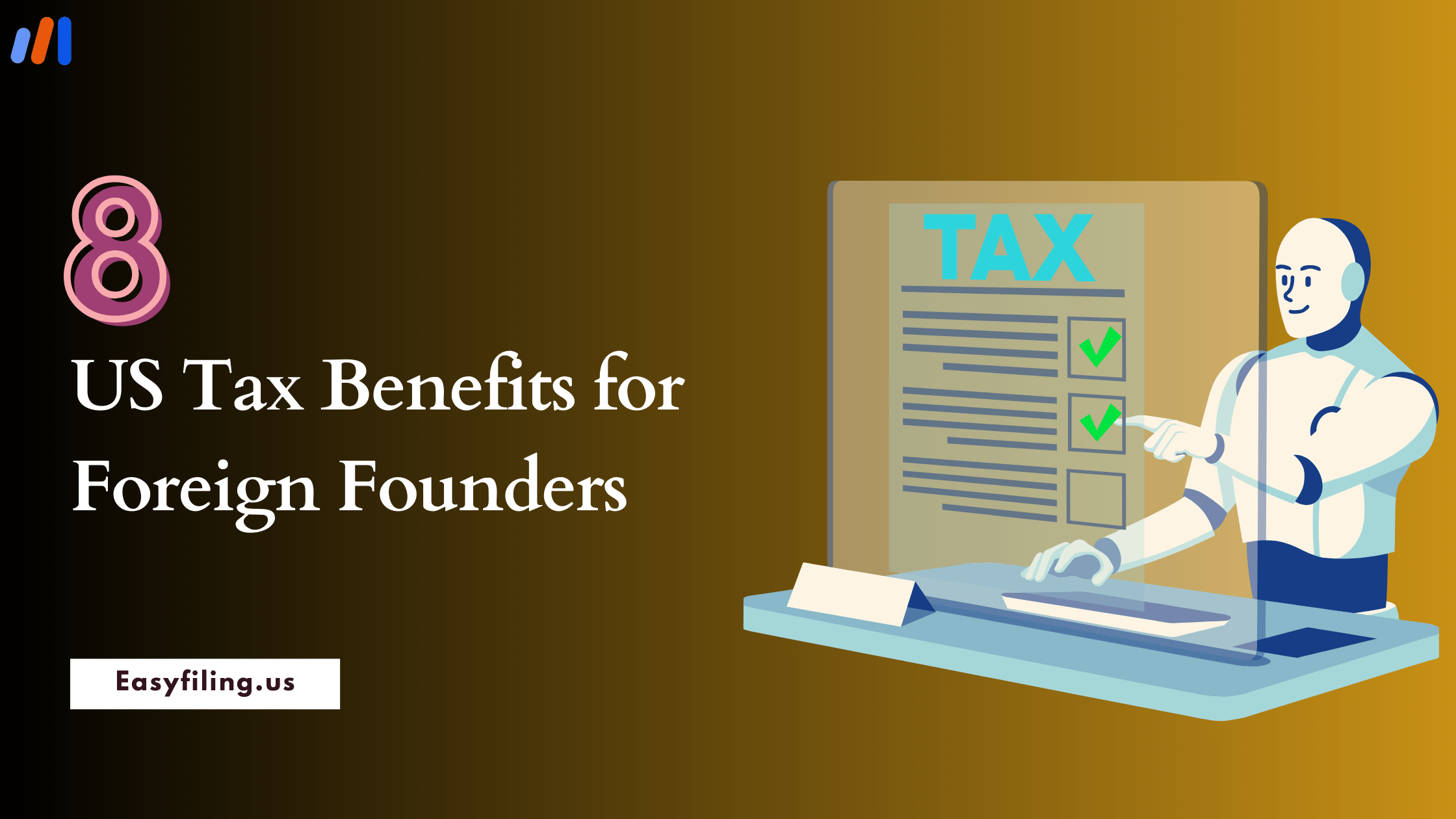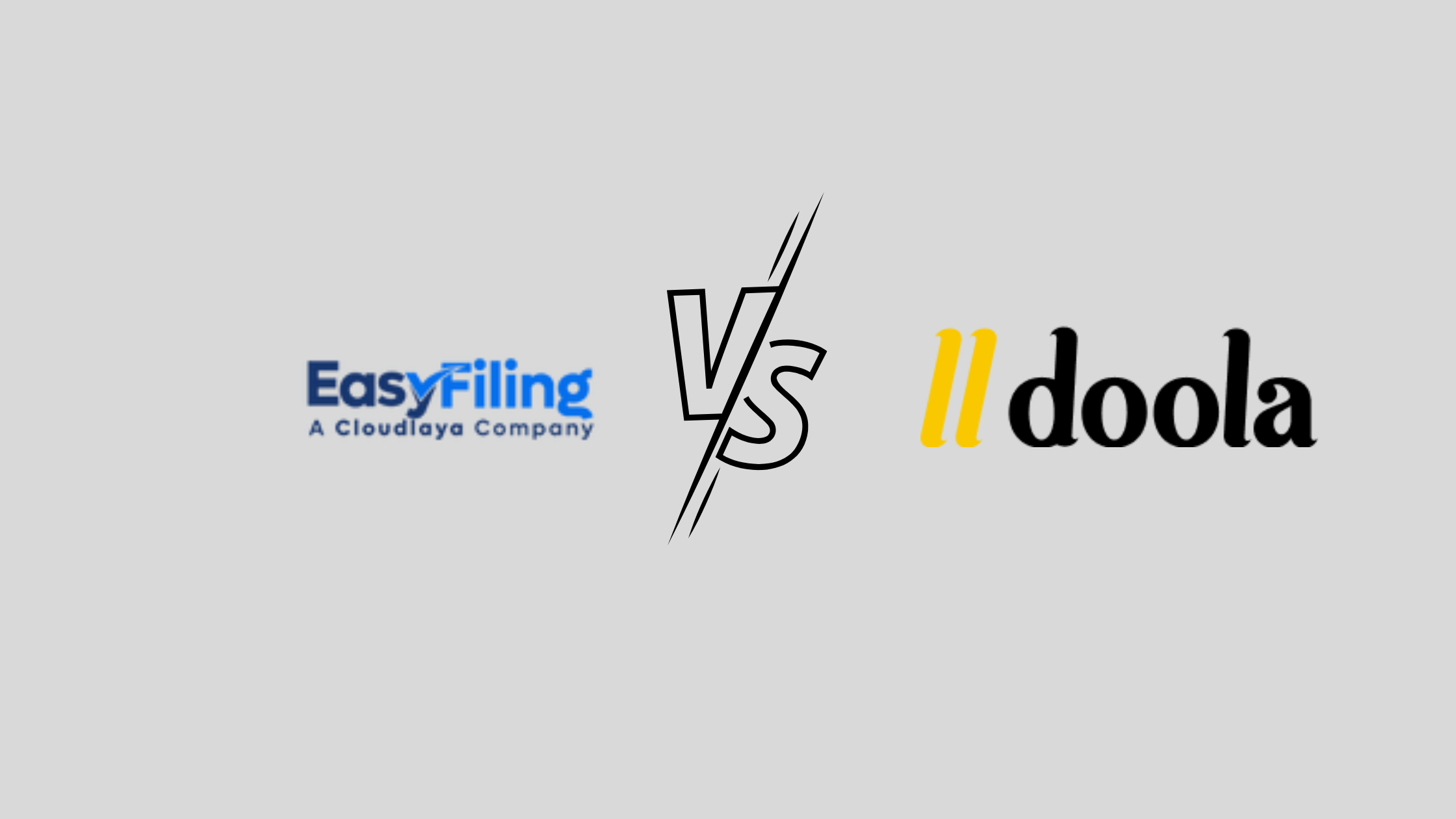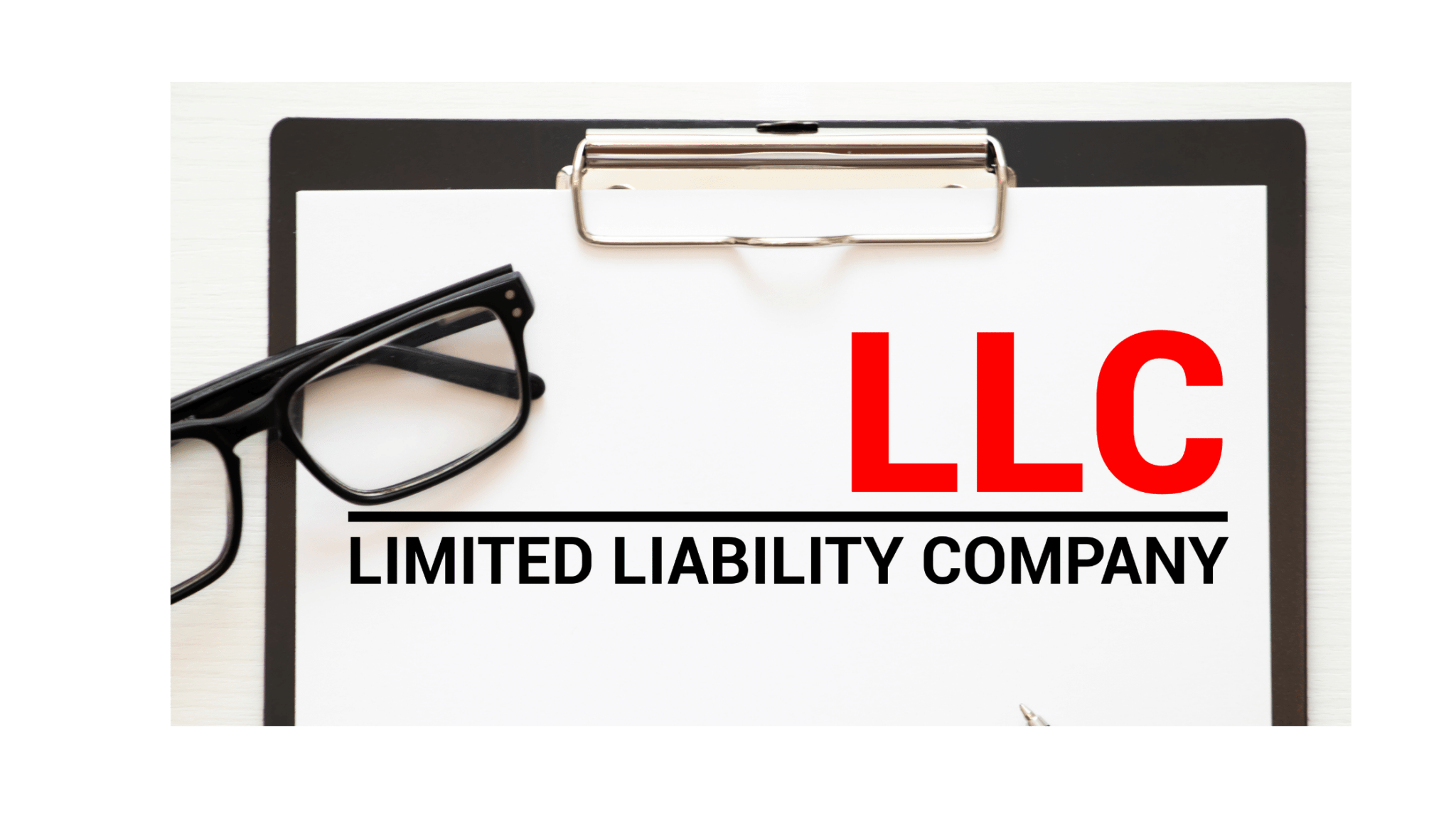Launching a business in the US permits entrepreneurs from other countries to enjoy considerable tax advantages. By these means, entrepreneurs can reduce their tax burden and increase profits, making America an attractive destination for entrepreneurs across the globe. To maximize your business’s financial and growth potential, it is important to understand the influence of these taxing incentives.
8 US Tax Benefits for Foreign Founders
1. Tax Treaties
In its endeavor to eliminate income double taxation, the United States has signed tax treaties with many nations. These agreements lower or relieve certain types of earnings such as dividends, interests, and royalties from tax obligations.
A foreign founder can take advantage of these treaties if his home country has an agreement with the U.S., by preparing treaty benefit claim forms. However, due to the complexity involved, you must deal with a qualified expert who will ensure that there are no gaps so you do not lose out on important benefits.
2. Entity Selection
The choice of your organization structure has far-reaching consequences on your tax liability. Common structures include:
- It is subject to corporate taxes but enables businesses to deduct different expenses associated with this trade setup.
- Good for companies that want to plow back returns promoting future growth and expansion plans.
- Income flows directly from this entity to its investors without being taxed twice.
- Its availability is generally limited to individuals who are US citizens or residents though trusts and estates provide exceptions as well. Small companies that need immediate profit sharing often choose this model as an option.
Limited Liability Company (LLC):
- This flexible arrangement can be taxed either like a corporation, partnership, or sole proprietorship.
- Through the pass-through taxation method; non-American-owned businesses do not have heavy tax obligations which may arise under other structures used in United States jurisdiction primarily due to its flexibility aspect and asset protection feature surrounding it.
3. R&D Tax Credits
New enterprises investing in research and development activities may qualify for the R&D Tax Credit incentive scheme. This is a program through which businesses can reduce the taxes they owe by claiming deductions for research and development expenditures, including salaries, supplies & materials, and contract research fees.
This benefit is of particular importance to start-ups in technology as well as other industries that focus on innovation. Through this plan, you can contribute to the advancement of science and technology and gain substantial cash returns via tax write-offs.
4. Qualified Small Business Stock (QSBS) Exemption
Founders from abroad who invest in their American start-up company might find the QSBS exemption helpful. The capital gains arising from the stock sale may be fully excluded if certain conditions are met and it has been held for at least 5 years.
The reduction of your tax liabilities on exit from business could be so enormous. It should be noted that the QSBS exemption is meant to enhance long-term investment in smaller companies thereby promoting stability through growth.
5. Opportunity Zones
Opportunity zones are an initiative aimed at stimulating economic activity and providing employment opportunities in poor neighborhoods. Capital gains tax deferral or reduction can be achieved through investments done via eligible opportunity funds.
Tax incentives provided in these regions will greatly benefit foreign founders investing in them. Additionally, such schemes contribute to the restoration of marginalized areas apart from purely financial aspects, thus making them good for corporate social responsibility initiatives across various sectors.
6. Business Expenses that may be Deductible
The American U.S. tax law permits businesses to deduct anything spent while carrying out necessary and common activities of their profit-earning enterprises. These comprise:
- Payroll expenses
- Rent and utilities
- Advertising and promotion costs
- Consulting expenditures (legal and accounting)
- Meals, travel related to business operations
Being able to offset such deductions can go a long way towards reducing your taxable income, hence allowing you to invest more in the growth of your enterprise.
7. Advantages of Depreciation
Depreciation on tangible assets like machines, equipment, buildings, etc is one benefit that businesses can gain from using them. By doing so, companies can spread the cost of an asset over its useful life thereby lessening taxable income. For international founders, understanding and utilizing these advantages can lead to huge tax savings in due course.
8. American profits derived from intangible assets located abroad (FDII) ratio
The FDII deduction rewards American firms with lower tax rates on sales and services overseas including startups. This helps foreign entrepreneurs maximize their income from international operations by lowering the effective tax rate on money earned abroad. The use of FDII deductions can give businesses a competitive edge in terms of expanding their global footprint.
Compliance and Documentation
Form W-8BEN
To claim tax treaty benefits, foreign founders need to submit form W-8BEN to their withholding agents or payers. By this form certifying that you do not possess any US status, you can take advantage of available treaties in your favor. When completing this form it is important to be accurate and complete so as not to slow down or deny your tax benefits.
Annual Tax Filings
Foreign-owned businesses must file annual tax returns with the IRS. The forms and requirements will depend on the type of business structure and income level. Commonly required forms include:
- Form 1120 for C Corporations
- Form 1065 for LLCs taxed as partnerships
- Form 1040-NR for non-resident aliens with US income
Filing these forms correctly and timely is necessary for compliance purposes as well as avoiding fines.
State and Local Taxes
Apart from federal taxes, you must understand your obligations regarding state and local taxes at the place where your company runs its activities legally. Incentives given by some states are further beneficial for this purpose. Every state has its own rules, regulations, and laws concerning taxation thereby calling for consultation with local tax experts.

Conclusion
Navigating through the U.S.’s complex taxation system would seem daunting but the potential rewards make it worthwhile for foreigners who wish to start a new venture here in America.
Understanding how to strategically capitalize on tax treaties, choosing the right entity, using R&D credits, leveraging QSBS exemptions, and other deductible expenses is critical to maximizing your venture. It is important to consult with a tax professional (Easyfiling) who can help you understand this aspect of the process.
Frequently Asked Questions (FAQs)
How do foreign founders avoid double taxation?
Foreign founders may avoid being doubly taxed by employing tax treaties and claiming the Foreign Tax Credit (FTC). The FTC allows U.S. taxpayers to deduct from their U.S. tax liability all income taxes that they were required to pay to foreign governments for the same income.
Are there any state-specific tax benefits available for foreign founders?
Yes, certain states have specific tax incentives for start-ups and small businesses. For example, California has the exclusion of Qualified Small Business Stock (QSBS), while New York has numerous grants and tax credits offered by it. Foreign founders should investigate state-specific programs about their intended locations of operation.
Do I need an Individual Taxpayer Identification Number (ITIN)?
If you are a foreign founder who does not possess a Social Security Number (SSN) and needs to file US taxes, it would typically be necessary for you to obtain an ITIN instead. I realize how important this question is because without an ITIN I wouldn’t be able to complete my annual returns or report my income.
Is it beneficial to incorporate in a no corporate income tax state?
Incorporating in Nevada, Wyoming, or South Dakota which have zero corporate income taxes leads to some cost savings on taxes. However, one must still consider issues such as other statutory requirements of the states; ease of doing business in those states; and where most trading activities will take place among others since each state has its peculiarities in regulations governing incorporation into them.
How could I ensure compliance with US tax laws?
To ensure compliance, you can think about hiring a tax professional or an accountant who is well-versed with international tax matters and the American business rate of levy. This person can show you what your duties are, how to benefit from available privileges, and do the correct filing of returns.
File Your LLC Today
25$ off with a coupon
Lock in EasyFiling's transparent rates and get lifetime compliance support at no extra cost.
Get Started Now







